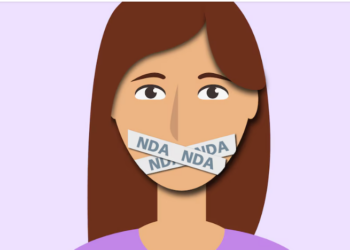Whether you’re retiring at age 42 or age 62, leaving the workforce at any age prior to 65 could be considered “early” in terms of health insurance. Early retirees should consider all health insurance options to plan how they’ll bridge their coverage gap until Medicare eligibility kicks in at age 65. The UBS Chief Investment Office (CIO) provides an overview of the options that may be available to you and discuss how to prepare for these costs.
As we detail in our Healthcare in retirement report, healthcare costs are a major source of retirement expenses, especially for high-income families. While you are working and eligible for benefits, these expenses are often shared with your employer. In fact, employers typically cover the majority of premium costs for their eligible employees. After the age of 65, many costs are covered by Medicare.
If you are considering early retirement, there may be a period where you will be responsible for the full cost of your healthcare coverage. Therefore, developing a strategy to bridge this coverage gap—from when your employer’s health plan ends until Medicare eligibility kicks in at age 65 —should be a core part of your retirement planning process. Another aspect that makes planning for the healthcare coverage gap difficult is that premiums typically increase with age, which means the amount you pay for premiums in your working years won’t tell you what you’ll be paying when you retire.









